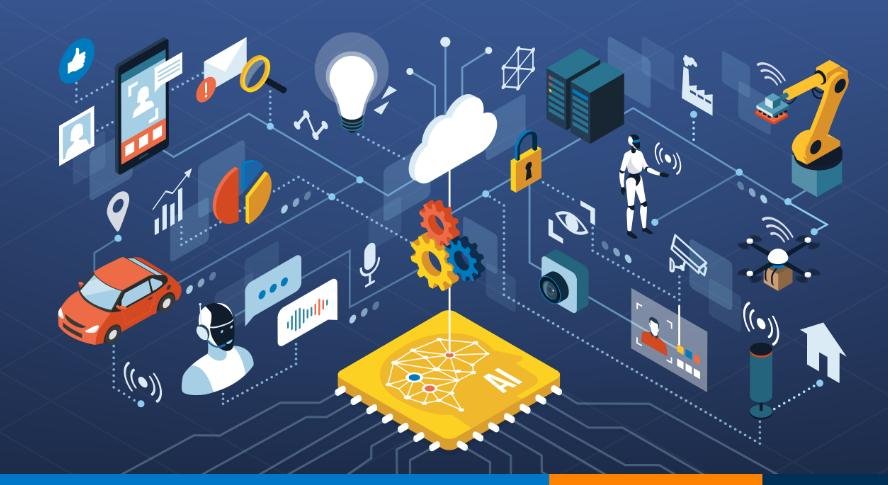Artificial Intelligence: The impact of AI on society, ethics and accountability in AI development, and the future of AI in healthcare and other industries.
Artificial intelligence (AI) is transforming the world we live in, revolutionizing industries, and changing the way we work and interact with one another.
From healthcare and finance to transportation and entertainment, AI is having a profound impact on society.
As AI continues to advance and become more prevalent, considering the ethical implications and ensuring its development and use in a responsible and accountable manner is important.

One of the main benefits of AI is its ability to automate repetitive tasks and processes, freeing up time and resources for more complex and creative work. In industries such as manufacturing and logistics, AI-powered robots and machines are increasing efficiency and reducing costs.
In healthcare, AI analyzes medical images and detects diseases at an early stage, improving patient outcomes and saving lives. AI also develops personalized treatment plans and predicts patient outcomes, revolutionizing healthcare approaches.
However, the rapid pace of AI development has raised concerns about its impact on jobs and the workforce. As machines become more intelligent and capable of performing tasks that were once done by humans. Many fear a substantial loss of jobs.
There are also concerns about the potential for AI to be used in unethical ways. Such as in autonomous weapons systems or the manipulation of public opinion through social media.
Establishing ethical guidelines and ensuring responsible and accountable development and usage of AI are necessary to address these concerns. One key area of concern is bias in AI algorithms, which can lead to unfair or discriminatory outcomes.
For example, studies have shown that facial recognition systems exhibit higher error rates for people with darker skin tones. Highlighting the need for diversity and inclusion in AI development teams and data sets.
Another important issue is transparency and accountability in AI decision-making. As AI becomes more prevalent in areas such as finance and healthcare. The decisions made by these systems must be transparent and understandable to humans.
This can help to build trust in AI and ensure that it is being used responsibly. As AI continues to evolve, there are many exciting possibilities for its use in healthcare.
For example, AI-powered virtual assistants could help patients manage chronic conditions and track their health data. AI-powered diagnostic tools could help to identify rare diseases and improve the accuracy of medical diagnoses.
AI could also predict and prevent disease outbreaks, thereby improving public health and saving lives.
However, there are also challenges to the widespread adoption of AI in healthcare. One key issue is data privacy and security.
Emphasizing the necessity for robust testing and regulatory frameworks.
Conclusion
AI has the potential to transform society and improve our lives in many ways. From improving healthcare outcomes to revolutionizing industries such as manufacturing and logistics.
However, considering the ethical implications of AI is crucial to ensuring its responsible and accountable development and usage.
By establishing ethical guidelines and promoting diversity and inclusion in AI development teams. We can help to ensure that AI is a force for good in the world. 바카라사이트

